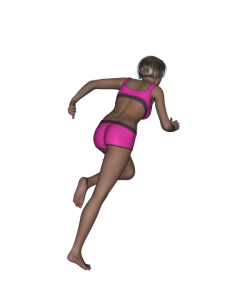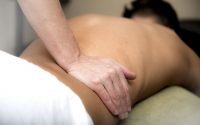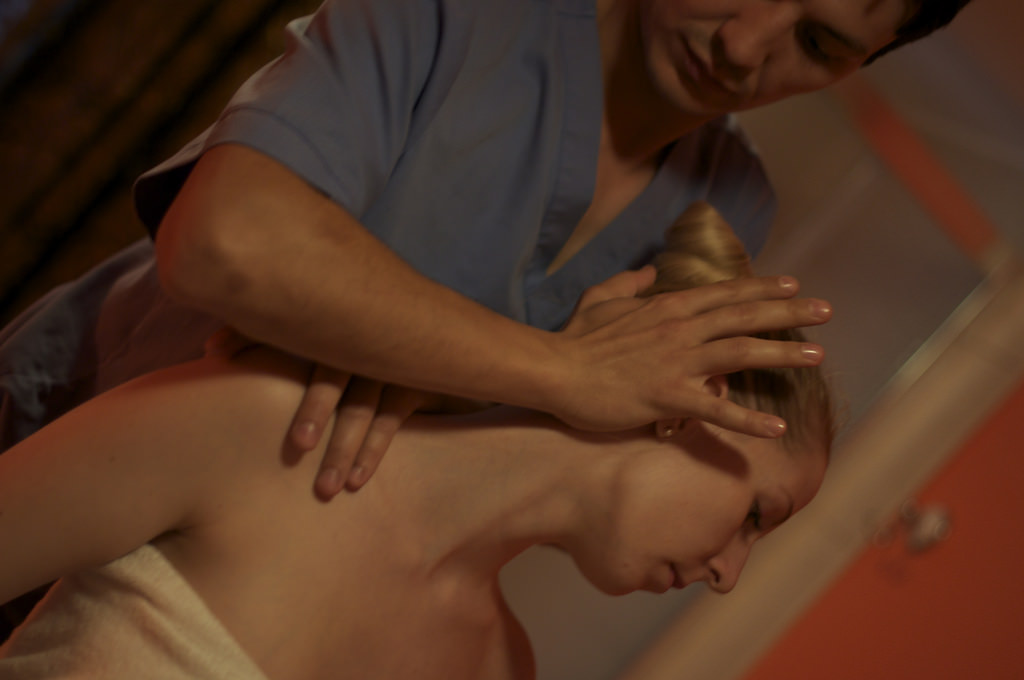Running Barefoot Helps Improve Working Memory
Working memory, our ability to recall and process information, is used throughout our lifespan. By improving it, we may be able to realize gains in key areas, from school to work to retirement.
University of North Florida (UNF) researchers enlisted 72 participants between the ages of 18 and 44, who were asked to run at a confortable self-selected pace for approximately 16 minutes, and divided them into two groups: those who ran barefoot and those who ran wearing shoes. Further, given that when running barefoot, one often has to avoid stepping on potentially hurtful objects, study participants in both groups (barefoot and with shoes) were required to step on flat objects to simulate running barefoot in an outdoor context. Working memory performance was measured before and after running.
The results of this research, published in Perceptual and Motor Skills, found a significant increase, approximately 16%, in working memory performance in the barefoot-running group. No significant increase in working memory was found in the group who ran with shoes. The speed and heart rate of the participants was also measured, but neither of these two factors was found to have any impact on working memory performance.
“The little things often have the greatest impact. This research shows us that we can realize our cognitive potential and enjoy ourselves at the same time,” said Ross Alloway, one of the authors. “If we take off our shoes and go for a run, we can finish smarter than when we started.”
According to Ross Alloway, it is possible that barefoot running requires a more intensive use of working memory than running in shoes because of the extra tactile and proprioceptive demands required for precise foot placement, which may account for the gains in working memory.


